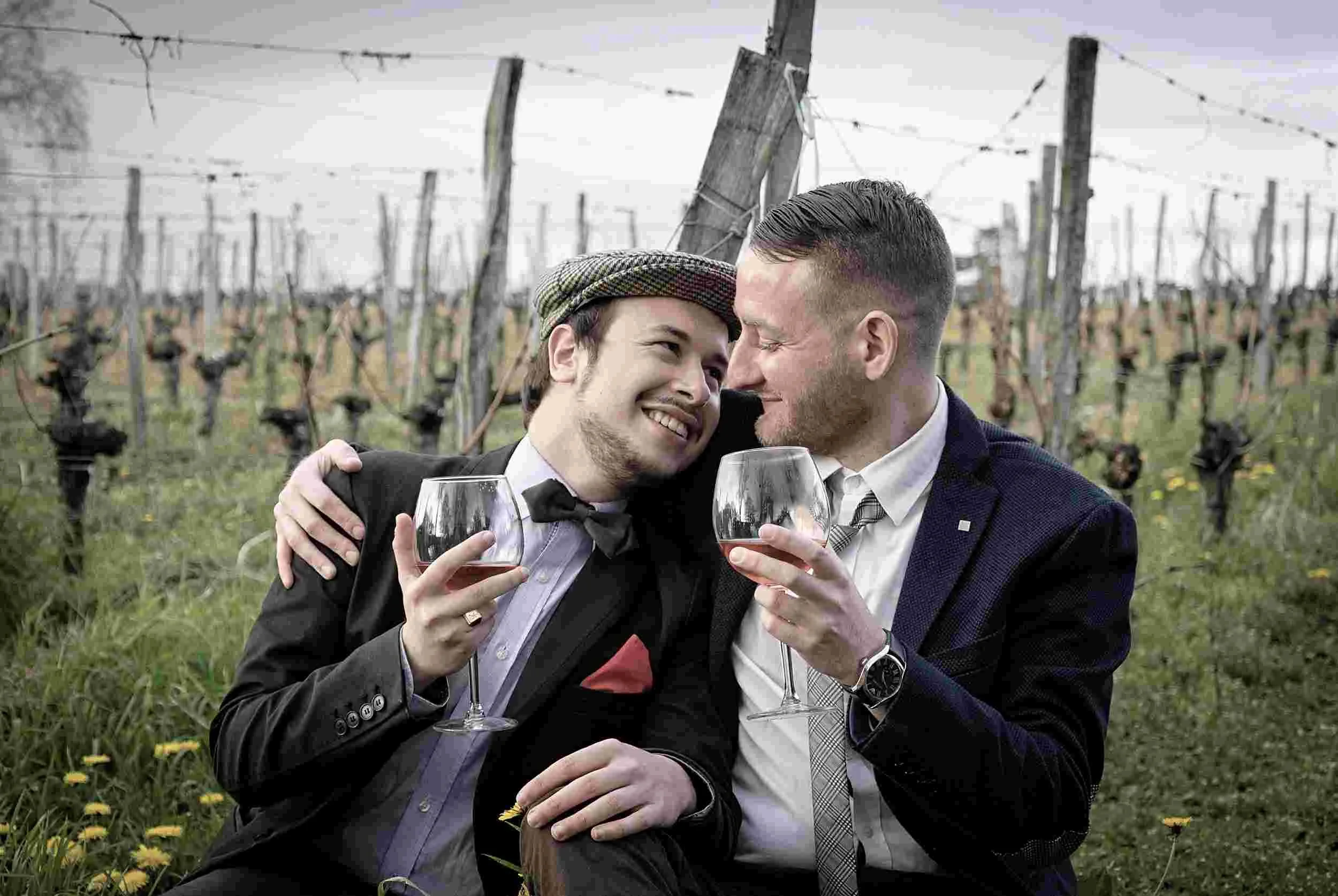Why We No Longer Use the Term ‘Marriage Guidance’
At Relate Avon, we understand how vital language is in reflecting the support we provide. You may have heard us referred to as a ‘marriage guidance’ organisation in the past, but this term doesn’t fully represent the breadth of our work or the diversity of relationships we support. Here, we’ll explain why the term has changed and why this shift matters to us - and to you.
A Broader View of Relationships
When Relate was first established in the late 1930s, its primary focus was on supporting married couples. At the time, marriage was often seen as the cornerstone of family and social life. As society evolved, so did relationships. In 1988 we became ‘Relate’ having changed our name from ‘The Marriage Guidance Council’.
This change was in recognition that many meaningful, committed relationships don’t take the form of marriage and people choose to build their lives together in many different ways: cohabiting, being in civil partnerships, dating long-term, or even maintaining non-traditional arrangements like long-distance or non-monogamous relationships. And back in 1988 a further reason to change our name was that marriage was unavailable to same-sex couples.
Using the term ‘marriage guidance’ risks alienating people who seek support for relationships that fall outside the framework of marriage. By moving away from that term, we are making a clear statement: our services are here for everyone.
Supporting Individuals and Families, Not Just Couples
Another reason for this change is that our work extends beyond couples. Many people come to us for individual counselling to explore issues that may stem from past relationships, struggles with intimacy, or family dynamics. Others come as part of a family group to resolve difficult issues together. For some, the relationship they need to work on most is the one they have with themselves.
We know that relationships—whether romantic, familial, or personal—are varied and complex. Our focus is on helping people develop healthier, more fulfilling connections in all areas of their lives.
Reflecting Modern Values
The term ‘marriage guidance’ can carry outdated assumptions for some about gender roles, family structures, and who is eligible for relationship support. For example, it doesn’t fully acknowledge the experiences of LGBTQ+ individuals or blended families.
We are guided by values of equality, inclusivity, and diversity and are proud to work with clients from all backgrounds, orientations, and relationship structures. Removing exclusive terminology is one way to demonstrate our commitment to creating a safe and welcoming environment for everyone.
Focusing on What Truly Matters
Ultimately, the shift away from ‘marriage guidance’ reflects our core belief: that relationships are central to human well-being. Whether you’re navigating the early days of a partnership, dealing with conflict in a long-term relationship, or seeking to understand yourself better, we’re here to help.
By using terms like ‘relationship counselling’ we aim to include the diversity of relationships and the inclusive nature of our services. This isn’t about dismissing the value of marriage; it’s about acknowledging that love, connection, and understanding take many forms.
A Warm Invitation
If you’re seeking help, know that our doors are open to everyone—married or not. We’re here to help you build stronger, healthier relationships and to support you in navigating the complexities of modern life. Language evolves, but our commitment to supporting relationships remains.


